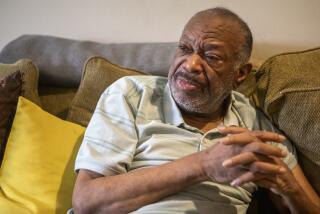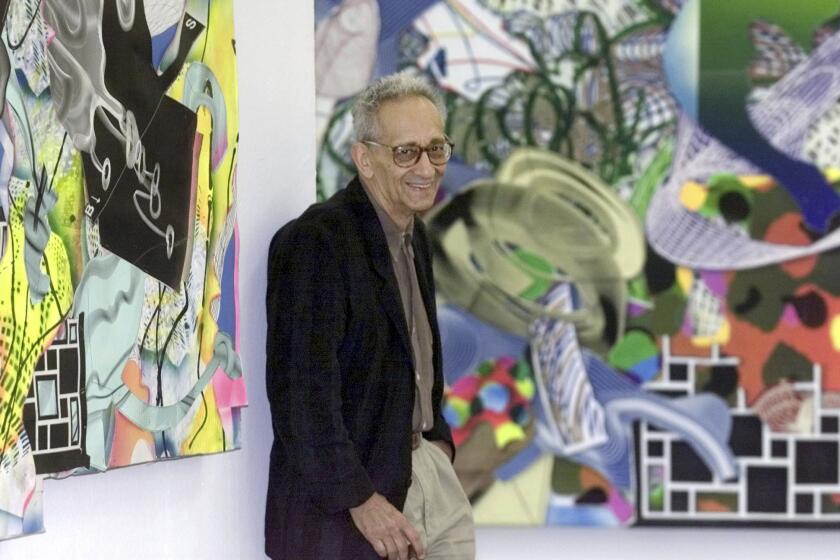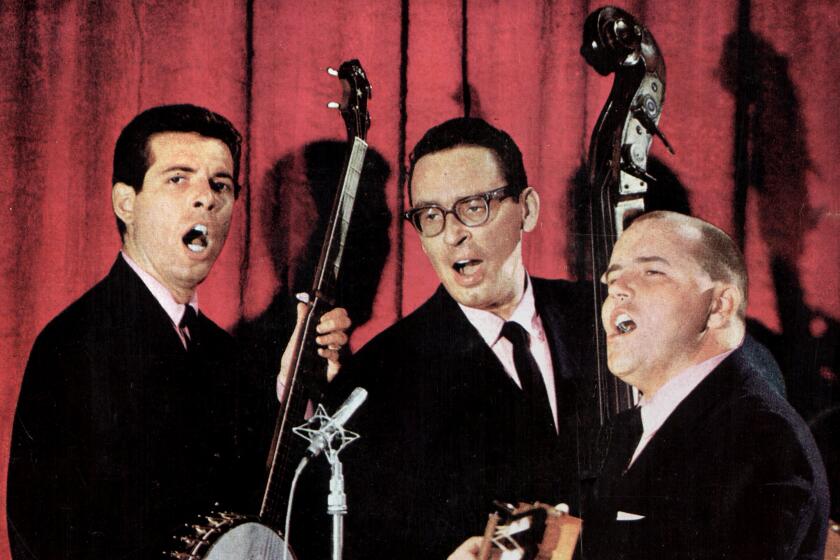PASSINGS: Donald Payne, Kurt Lehovec
Donald Payne
New Jersey’s 1st black congressman
Rep. Donald Payne, 77, the first African American congressman elected to represent New Jersey and a former chairman of the Congressional Black Caucus, died Tuesday at a hospital in Livingston, N.J. He had colon cancer.
Payne represented New Jersey’s heavily Democratic 10th District, including the city of Newark. He won his seat in Congress in 1988 and was easily reelected 11 more times.
Payne was a member of House committees on education and foreign affairs and a congressional delegate to the United Nations.
He also served as chairman of the House subcommittee on Africa and had traveled many times to the continent on foreign affairs matters. During an April 2009 visit to Somalia, mortar shells were fired toward Mogadishu airport as a plane carrying Payne took off safely from the Somali capital.
Born July 16, 1934, in Newark, Donald Milford Payne earned a bachelor’s degree at Seton Hall University in 1957. He was a teacher in Newark for 15 years and a member of the Newark City Council from 1982 until 1988. He also served as president of the national YMCA.
A special election probably will be called to fill Payne’s seat, potentially in time for New Jersey’s regular June primary.
Kurt Lehovec
Engineer’s work led to integrated circuit
Kurt Lehovec, 93, an electrical engineer whose pioneering research led to the development of the integrated circuit and the advancement of semiconductor technology in the late 1950s, died Feb. 17 at his home in Los Angeles, his family said. The cause was not specified.
In his work on light-emitting diodes, or LEDs, Lehovec is known for inventing the process of junction isolation for integrated circuits while he was working for Sprague Electric Co.
He received a patent for the innovation in 1959, but otherwise did not profit from the groundbreaking work. That same year, while working for Fairchild Semiconductor Corp., Robert Noyce built on Lehovec’s idea in developing the completely integrated electronic circuit on a small silicon chip that could then be commercially produced.
Lehovec was born June 12, 1918, in what is now the Czech Republic and earned a doctorate in physics at Charles University in Prague. He was drafted into the German army during World War II but then released so he could to return to his research at the university.
After the war, he was recruited to work for the U.S. Signal Corps in Monmouth, N.J., arriving in 1947. He became a naturalized citizen in 1952, the same year he went to work for Sprague in Massachusetts.
He left Sprague in 1966 and became a consultant for aerospace companies in Southern California. He taught engineering at USC from the early 1970s to the late ‘80s.
Late in life, Lehovec began writing poetry and became part of the local poetry scene at coffeehouses and readings.
— Los Angeles Times staff and wire reports
More to Read
Start your day right
Sign up for Essential California for the L.A. Times biggest news, features and recommendations in your inbox six days a week.
You may occasionally receive promotional content from the Los Angeles Times.






